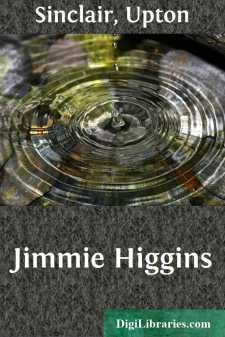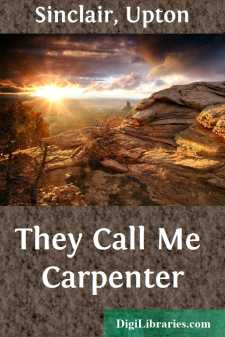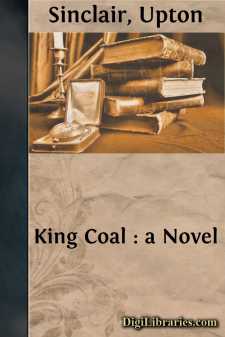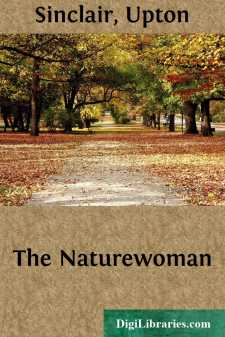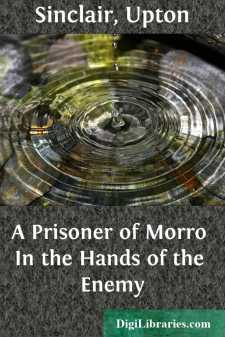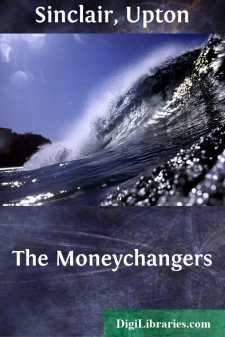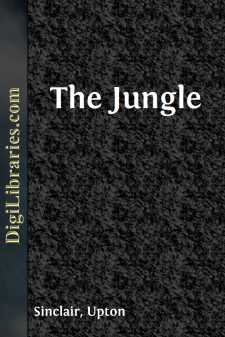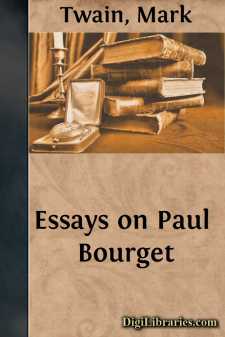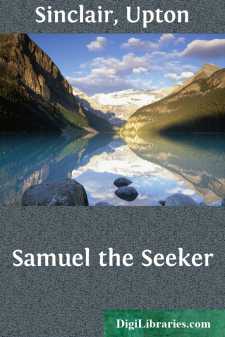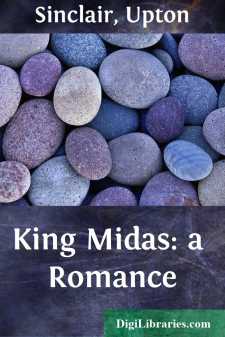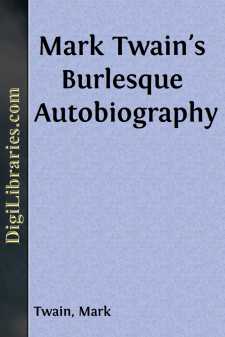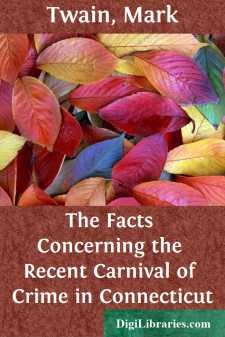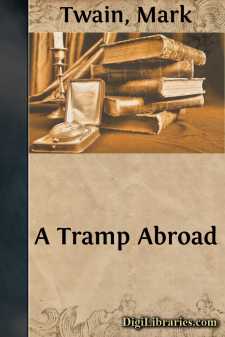Categories
- Antiques & Collectibles 13
- Architecture 36
- Art 48
- Bibles 22
- Biography & Autobiography 813
- Body, Mind & Spirit 142
- Business & Economics 28
- Children's Books 15
- Children's Fiction 12
- Computers 4
- Cooking 94
- Crafts & Hobbies 4
- Drama 346
- Education 46
- Family & Relationships 57
- Fiction 11829
- Games 19
- Gardening 17
- Health & Fitness 34
- History 1377
- House & Home 1
- Humor 147
- Juvenile Fiction 1873
- Juvenile Nonfiction 202
- Language Arts & Disciplines 88
- Law 16
- Literary Collections 686
- Literary Criticism 179
- Mathematics 13
- Medical 41
- Music 40
- Nature 179
- Non-Classifiable 1768
- Performing Arts 7
- Periodicals 1453
- Philosophy 64
- Photography 2
- Poetry 896
- Political Science 203
- Psychology 42
- Reference 154
- Religion 513
- Science 126
- Self-Help 84
- Social Science 81
- Sports & Recreation 34
- Study Aids 3
- Technology & Engineering 59
- Transportation 23
- Travel 463
- True Crime 29
Sylvia's Marriage
by: Upton Sinclair
Description:
Excerpt
BOOK I
SYLVIA AS WIFE
1. I am telling the story of Sylvia Castleman. I should prefer to tell it without mention of myself; but it was written in the book of fate that I should be a decisive factor in her life, and so her story pre-supposes mine. I imagine the impatience of a reader, who is promised a heroine out of a romantic and picturesque "society" world, and finds himself beginning with the autobiography of a farmer's wife on a solitary homestead in Manitoba. But then I remember that Sylvia found me interesting. Putting myself in her place, remembering her eager questions and her exclamations, I am able to see myself as a heroine of fiction.
I was to Sylvia a new and miraculous thing, a self-made woman. I must have been the first "common" person she had ever known intimately. She had seen us afar off, and wondered vaguely about us, consoling herself with the reflection that we probably did not know enough to be unhappy over our sad lot in life. But here I was, actually a soul like herself; and it happened that I knew more than she did, and of things she desperately needed to know. So all the luxury, power and prestige that had been given to Sylvia Castleman seemed as nothing beside Mary Abbott, with her modern attitude and her common-sense.
My girlhood was spent upon a farm in Iowa. My father had eight children, and he drank. Sometimes he struck me; and so it came about that at the age of seventeen I ran away with a boy of twenty who worked upon a neighbour's farm. I wanted a home of my own, and Tom had some money saved up. We journeyed to Manitoba, and took out a homestead, where I spent the next twenty years of my life in a hand-to-hand struggle with Nature which seemed simply incredible to Sylvia when I told her of it.
The man I married turned out to be a petty tyrant. In the first five years of our life he succeeded in killing the love I had for him; but meantime I had borne him three children, and there was nothing to do but make the best of my bargain. I became to outward view a beaten drudge; yet it was the truth that never for an hour did I give up. When I lost what would have been my fourth child, and the doctor told me that I could never have another, I took this for my charter of freedom, and made up my mind to my course; I would raise the children I had, and grow up with them, and move out into life when they did.
This was when I was working eighteen hours a day, more than half of it by lamp-light, in the darkness of our Northern winters. When the accident came, I had been doing the cooking for half a dozen men, who were getting in the wheat upon which our future depended. I fell in my tracks, and lost my child; yet I sat still and white while the men ate supper, and afterwards I washed up the dishes. Such was my life in those days; and I can see before me the face of horror with which Sylvia listened to the story. But these things are common in the experience of women who live upon pioneer farms, and toil as the slave-woman has toiled since civilization began....



